As the Museum reopened, closed, and reopened again during the past year, providing hands-on virtual activities for families near and far remained a priority. While in-person programming resumed as visitors returned to the physical Museum, Museum staff continued to develop rich virtual content for kids, parents, and educators to engage with remotely. Spurred by the pandemic and the dramatic shift to remote online work and learning, the Museum now delivers an increasing amount of content online.
The Museum’s play and learning archive of at-home offerings, first initiated in early 2020 as the pandemic took hold, has grown to a total of 420 on and off-line STEAM, visual arts, music, health, and literacy activities. Weekly “Ideas for Play and Learning at Home” emails featuring at-home activity ideas for kids of all ages and interests continue to go out each Tuesday to over 30,000 thousand families and followers of the Museum.
Since September 2020, 706 new subscribers have joined the Museum’s YouTube channel where many of its at-home activities are located. Along with pre-recorded activities, staff members have also embraced live virtual events. Throughout our winter closure, bi-weekly Facebook Live Creature Features featuring Oliver the Ball Python were enjoyed by a consistent audience of curious and engaged families.
In December 2020, the Museum released “Build Your Own Museum,” an online game where kids are invited to design their own children’s museum. Encouraging creativity and imagination, kids uploaded designs featuring pianos on rooftops, dinosaurs in the lobby, and rocket ships on the waterfront. Since its release, Build Your Own Museum has been played over 2,000 times.
The Museum’s Big & Little podcast, first introduced in May 2020, published three episodes throughout the last year. Expert guests discussed topics including family advocacy, innovation in early childhood education, and children’s health and wellness. In the coming year, the Museum plans to prioritize the growth of the podcast, providing more valuable insights for parents and educators through conversations around play, learning, creativity, resilience, and health.
The Museum’s Virtual Tour continued to be used by thousands during the year, as did the Museum’s Beyond the Chalkboard website for after school and home school learners. The Museum conducted its previously in-person STEAM focused CreatedBy Festival entirely online, offering live workshops during Massachusetts STEM Week. The CreatedBy e-Festival 2020 was a special virtual version of our otherwise in-person, on-site celebration of STEAM creativity and inspiration, sponsored by MEFA U.Fund, Mathworks, and NESACS. During Mass STEM Week, instead of inviting school groups to the Museum for hands-on workshops, we provided a Zoom-hosted live STEAM event each day of the week. These live events were produced with content partners: Artisan’s Asylum’s Makerspace tour, Brandeis Maker Lab’s 3D Scanning activity, New England FIRST’s robotics demonstration, Bruce Rosenbaum’s ModVic Steampunk Art space tour, and Tinkercad’s 3D modeling workshop. Our live workshops were attended by a total of 342 children across 161 registrants/devices throughout the week.
And the Museum celebrated National Engineers Week virtually by providing interviews with real engineers and fun and educational engineering-inspired activities online during the week.
The Museum continued its work with New York City-based Success Charter School, bringing its initial virtual Funky Friday program from the prior fall to Thursdays. This program is specifically designed to help children in grades K-2 have fun playing and exploring in service of learning. Success Academy Charter School students engaged in hands-on activities through videos and live streams, part of their new virtual afterschool program.
Significantly, through a project working with several Greater Boston communities, and funded by Boston Children’s Collaborative for Community Health, the Museum created the new websites Tools for Tiny Hands and Me, You, We, meant to address gaps in social-emotional and fine motor skills development created by the pandemic. Combined with physical kits that contained materials to explore and use with others, both online and offline, the program offered families an important resource to support school readiness.
Finally, during the year the Museum also piloted a specialized program, Everyone Explores, supporting children with special and medical needs and their families in their homes or in care settings, like hospitals. Designed to be used online, using a new website as a mechanism for support and connection, Everyone Explores offers families access to specially created activities, tips on ways to adapt activities to children’s specific capabilities, and live opportunities to connect with the Museum’s Health and Wellness Educator and other families.
